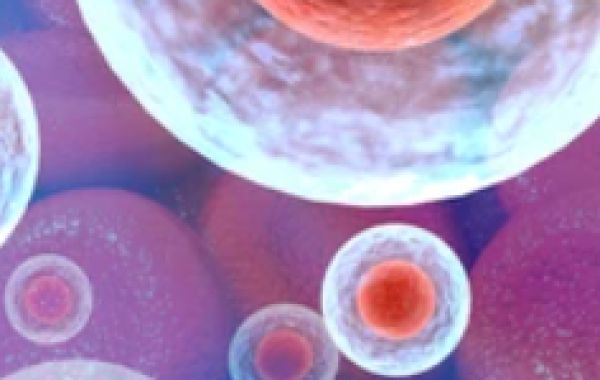CD BioSciences, a US-based CRO serving the global life science research community, has announced the launch of its new services to study the Mechanistic Target of Rapamycin (mTOR) in diabetes and metabolism research.
The mechanistic Target of Rapamycin is a serine/threonine protein kinase that is inhibited by rapamycin, a bacterial compound originally isolated from Easter Island soil that inhibits the proliferation of eukaryotic cells. The mTOR protein kinase is present in two distinct complexes, mTOR complex 1 (mTORC1) and mTORC2, each of which contains different protein components and phosphorylates different substrates.
mTOR is a key regulator of metabolic homeostasis. These functions are primarily performed by mTORC1, which ensures that the cell’s anabolic and catabolic processes are linked to environmental cues, including nutrient levels and growth factors. Under pro-growth conditions, mTORC1 is activated and promotes cellular biogenesis while actively inhibiting energy-generating processes such as autophagy. Autophagy is a key cytolytic process, and mTORC1 kinase is the most potent inhibitor of autophagy initiation in mammals. mTORC1 also plays a key role in the terminal phase of autophagy, where nutrients recycled by autophagy stimulate mTORC1-driven lysosomal biogenesis. mTORC1 is required for this late activity to prolong autophagy.
In addition, the role of mTOR in the development and regulation of the immune system is rapidly emerging. Insights into this paradigm are expected to link the regulation of pathways to the restoration of immune homeostasis for the treatment of a wide range of diseases, including infectious diseases, autoimmune disorders, allograft rejection and malignancies.
To help scientists better understand the regulation and role of mTOR in metabolic regulation and to address some of the major unanswered questions, CD BioSciences has developed a series of research solutions, empowering researchers to delve into the intricate world of metabolic signaling pathways. In addition, the company’s research team possesses the experience and expertise to provide customized metabolic research and development solutions.
CD BioSciences can help scientists identify key regulators, decipher their molecular functions, elucidate their regulatory mechanisms, and translate these insights into cellular and animal models, paving the way for targeted drug discovery and therapy development. Through meticulous scientific rigor and cutting-edge technologies, CD BioSciences bridges the gap between fundamental research and impactful solutions for metabolic diseases.
CD BioSciences provides cost-effective and quality metabolic research solutions to clients worldwide to successfully translate new knowledge into effective therapies for metabolic diseases. For more information on metabolic research solutions or other pathways, please visit CD BioSciences at https://www.cd-biosciences.com/diabetes-metabolism.html.
About CD BioSciences
CD BioSciences is a trusted research product supplier and CRO based in New York. With high-quality reagents and comprehensive services, CD BioSciences is a one-stop shop devoted to advancing signaling pathway studies for researchers. The company is committed to fulfilling all demands in the research of signaling pathways and provides high-quality reagents and comprehensive solutions to support innovative discoveries.








